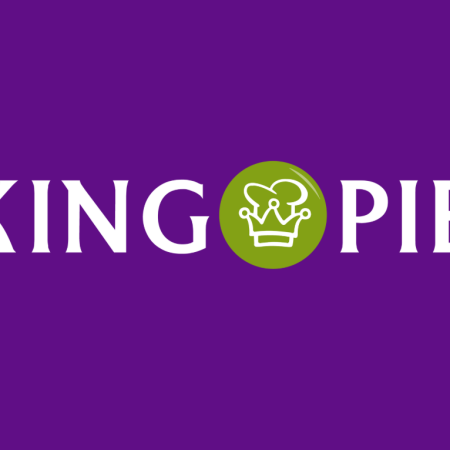A franchisor sells the right to franchisees to open small businesses and sell products or services using its brand name, expertise, and intellectual property. The original or existing company sells the right to use its name and proven system. The small business owner who purchases these rights upon paying the initial franchise fee and signing the franchise agreement is referred to as a franchisee. The original business is called a franchise.
What does the franchisor do?
A franchisor is a company or individual who owns a successful business concept and allows others (franchisees) to operate under the same name, products, and services in exchange for fees and royalties. Franchisors are responsible for creating and maintaining the business concept, including trademarks, brand identity, marketing materials, and operations manuals. They also provide ongoing support and training to franchisees, helping them establish and grow their businesses while maintaining consistent standards across all locations. In addition, franchisors must ensure that franchisees adhere to established systems and protocols and may assist with site selection, leasing, and financing. Ultimately, the franchisor is responsible for maintaining the reputation and success of the franchise system.
If you would like to learn more about what a franchisor does, you should read our article explaining in detail the role of a franchisor.
How do franchisors make money?
Franchisors make money by charging franchisees initial fees, ongoing royalties, and sometimes advertising fees. The franchisee pays initial fees at the beginning of the franchise relationship and covers the costs associated with training, site selection, and initial support. Ongoing royalties are a percentage of the franchisee’s sales that the franchisor receives regularly. In addition, the franchisee pays advertising fees to contribute to national or regional advertising campaigns. Franchisors may also earn revenue from selling products or services to their franchisees. Overall, franchisors have a business model that allows them to generate income from multiple sources while expanding their brand and business.
To learn more about the costs associated with buying a franchise, you should read our comprehensive guide to the costs involved in buying a franchise.
The benefits of becoming a franchisor
One of the primary benefits of becoming a franchisor is the potential for significant revenue growth. Franchisors generate revenue from several sources, including franchise fees, royalties, and marketing contributions from their franchisees. Additionally, franchisors can leverage their brand reputation and market position to secure financing and attract high-quality franchisees. By franchising their business, franchisors also get the opportunity to expand into new markets more rapidly and at a lower cost than opening company-owned locations. Furthermore, franchisors typically have greater control over their brand, business model, and operations, ensuring consistency across all franchise locations. Overall, franchising offers many benefits to entrepreneurs looking to scale their businesses.
Summary
In summary, a franchisor is a company or individual that grants the rights to use its established business model, trademarks, and branding to another party, called a franchisee. Franchisors make money through franchise fees, royalties, and other revenue streams. Becoming a franchisor offers numerous benefits, including expanding their brand rapidly, tapping into new markets, and generating a steady income stream. Overall, the franchisor-franchisee relationship can be a win-win situation for both parties as long as both parties uphold their responsibilities and work together towards success.










